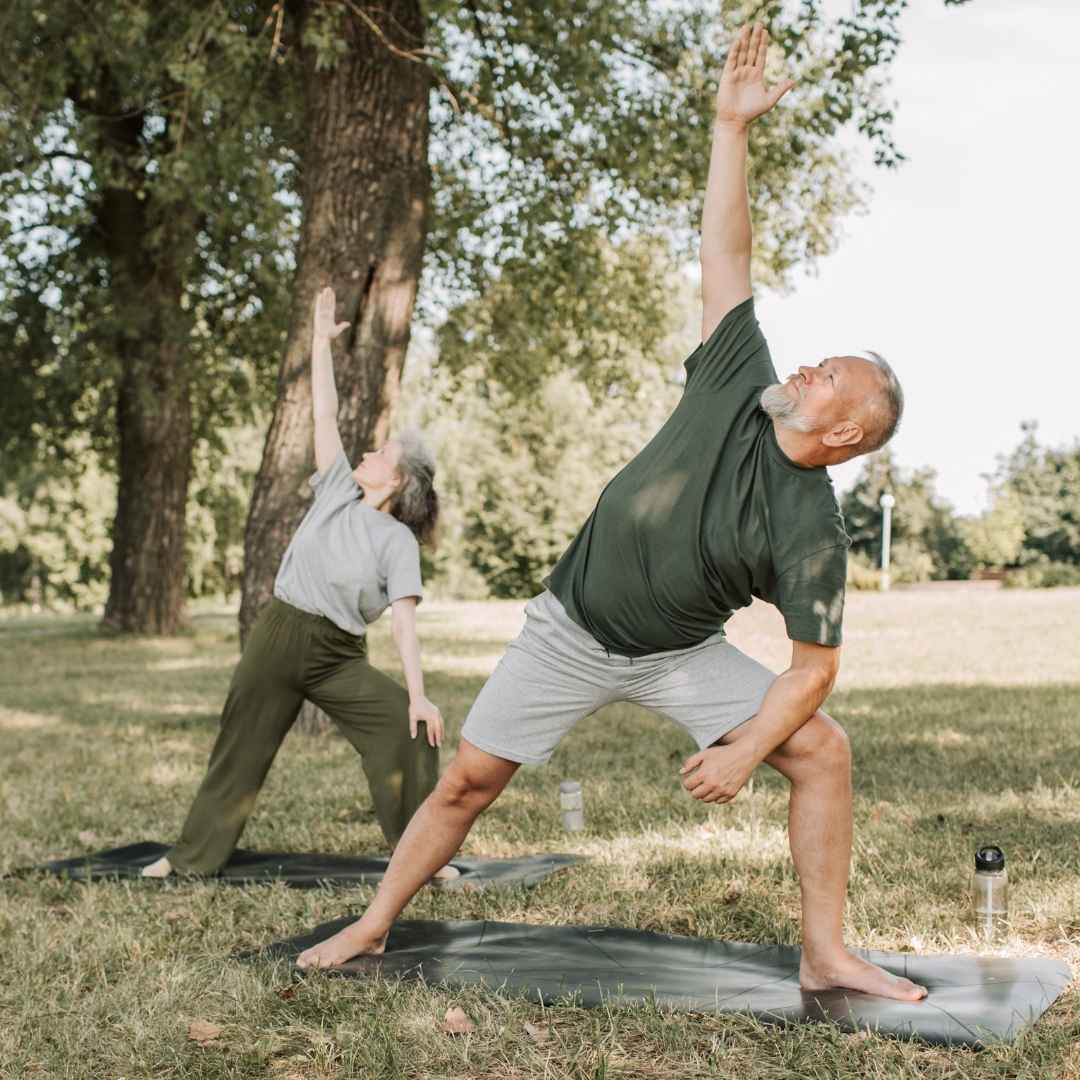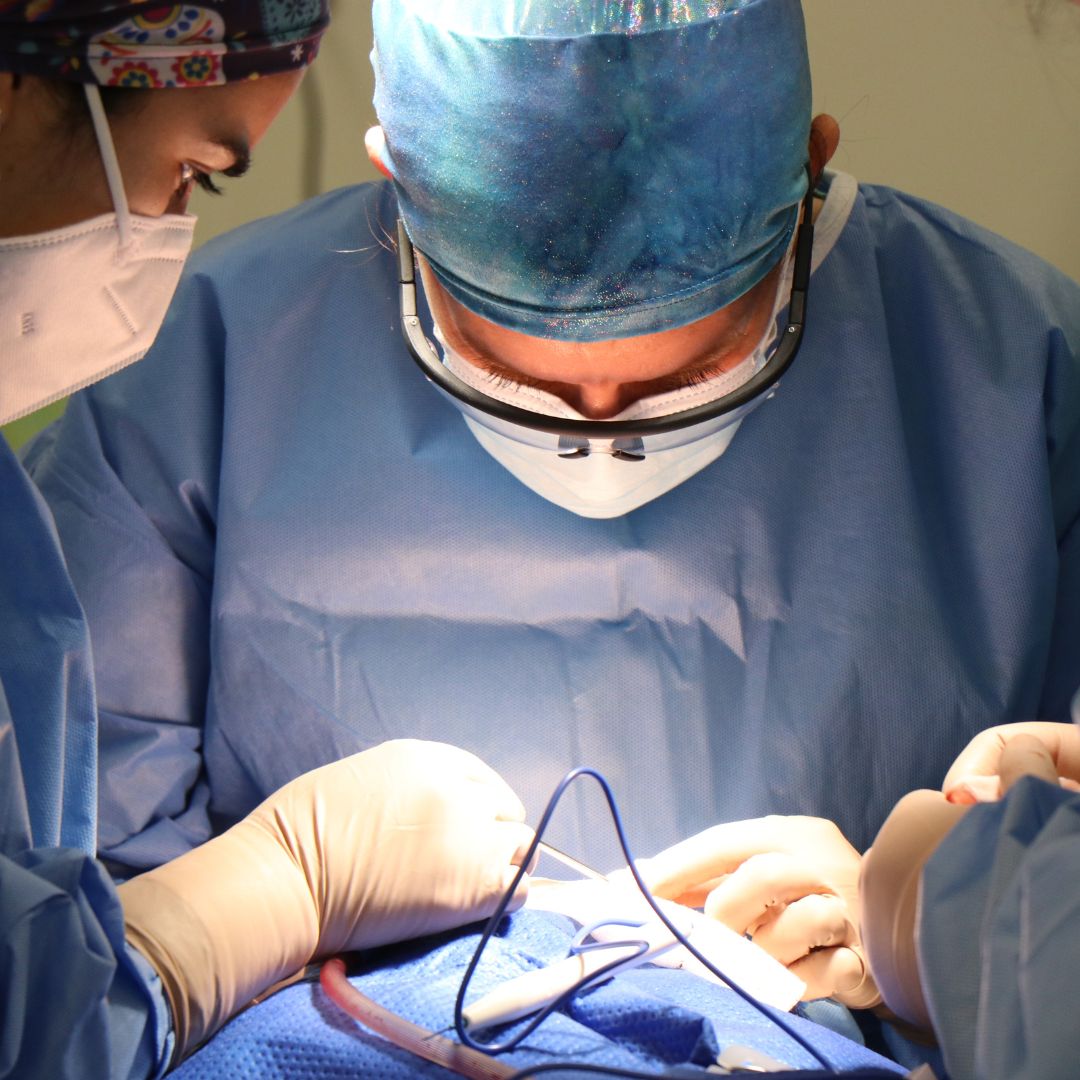- Relief from Pain and Discomfort:
Tired of dealing with inguinal hernia pain?
Inguinal Hernia Repair can relieve discomfort, improve mobility, and bring you back to the activities you love, all while restoring your confidence.

An inguinal hernia occurs when a portion of the intestine or fatty tissue pushes through a weak spot in the abdominal muscles, typically in the groin area. This condition can cause discomfort, pain, and in some cases, severe complications if left untreated. Inguinal hernias are common, particularly in men, and often result from a combination of factors such as muscle weakness, heavy lifting, or increased intra-abdominal pressure. Similarly, in the groin region, females may develop femoral hernia or obturator hernia.
Surgical treatment is the most effective solution for an inguinal hernia. The procedure typically involves a repair through either open, robotic or laparoscopic surgery. In open surgery, the surgeon makes an incision near the hernia site, whereas laparoscopic surgery or robotic surgery involves smaller incisions and the use of a camera for precision. The goal of the surgery is to reposition the bulging tissue and strengthen the abdominal wall, preventing future hernias.
Dr. Hrishikesh, a leading surgeon in Mumbai, offers advanced techniques for inguinal hernia surgery, ensuring minimal discomfort, faster recovery, and a high success rate. Whether you are dealing with a painful hernia or wish to prevent future complications, this surgery offers relief and a quick return to everyday activities.
If you're experiencing any of these types of hernias, you might be considering surgery to restore normal abdominal function and prevent potential complications. In these cases, advanced surgical techniques can effectively repair the hernia and strengthen the abdominal wall, helping to alleviate pain and improve daily function. Dr. Hrishikesh specializes in treating abdominal wall hernias using state-of-the-art methods to ensure the best outcomes for his patients.
Inguinal hernias are typically caused by a combination of muscle weakness and strain. Factors such as heavy lifting, straining during bowel movements, obesity, and coughing can increase the risk.
Genetics may also play a role, with some individuals being born with weaker abdominal muscles. The same factors are also responsible for development of femoral or obturator hernia.
Common symptoms include a visible bulge in the groin area, pain or discomfort, especially when coughing, lifting, or bending over, and a sensation of heaviness in the abdomen.
In some cases, hernias may not cause symptoms and are only discovered during a physical examination.
Not all inguinal hernias need immediate surgery. If the hernia is small and painless, your doctor may monitor it with regular check-ups.
However, surgery is typically recommended if the hernia causes pain, grows larger, or leads to complications like bowel obstruction or strangulation.
Recovery from inguinal hernia surgery typically takes 1 to 2 weeks for most people, depending on the type of surgery.
Laparoscopic surgery often allows for faster recovery compared to open surgery. Patients are usually encouraged to resume light activities within a few days but should avoid strenuous lifting or exercise for several weeks.
As with any surgery, there are risks involved, including infection, bleeding, injury to nearby structures, or recurrence of the hernia.
However, inguinal hernia surgery is generally considered safe, especially when performed by an experienced surgeon like Dr. Hrishikesh.
Inguinal hernia surgery offers multiple health benefits, including:
While there is always a small risk of recurrence, especially if the hernia was large or the surgery was delayed, the chances of recurrence are low when surgery is performed by a skilled surgeon.
Yes, after recovery, most patients experience significant improvement in their ability to perform daily tasks without pain or discomfort.
Discover the surprising success rates, health improvements, and lasting weight loss that make Inguinal Hernia Repair Surgery a life-changing option for many.



Inguinal hernia surgery can be performed in one of three ways: Open Surgery, Robotic Surgery or Laparoscopic Surgery.
While laparoscopic surgery or robotic surgery is often preferred due to its minimal invasiveness, the choice of procedure will depend on factors such as the size of the hernia and the patient's overall health.
General anesthesia is used, meaning you will be asleep and pain-free throughout the procedure.
Very rarely if you are unfit for general anesthesia then one can perform an open hernia repair under spinal or regional anesthesia.
The procedure typically lasts 30-60 minutes, depending on the complexity of the hernia and the chosen surgical method.
Laparoscopic surgery generally offers smaller incisions, faster recovery, and less pain after the procedure.
However, the choice between laparoscopic and open surgery will depend on your specific condition and surgeon's recommendation.
Most patients can return home the same day after laparoscopic surgery. However, if you undergo open surgery, you may need to stay in the hospital for 1-2 days for observation.
You can generally resume light activities within a few days. However, avoid strenuous lifting or vigorous exercise for 4-6 weeks to allow for proper healing.
After inguinal hernia surgery, it's essential to follow a comprehensive recovery plan. This includes:
For the first 4-6 weeks after surgery, you should avoid lifting heavy objects, strenuous exercise, and any activity that could place strain on your abdomen.
Most patients experience significant pain relief within a few days after surgery, with only mild discomfort remaining. Your surgeon will prescribe pain medications if needed.
Scarring is usually minimal, especially with laparoscopic surgery or robotic surgery, which uses small incisions. Open surgery may leave a more noticeable scar, but it will fade over time.
Most patients can return to work within 1-2 weeks, particularly if their job doesn't require heavy lifting or strenuous physical activity.
Read from our patients as they share their inspiring journeys of transformation, recovery, and renewed confidence.
If you're experiencing symptoms of an inguinal hernia or are considering surgery, Dr. Hrishikesh is here to guide you through your options.
Book a consultation today to discuss your condition and receive personalized care tailored to your needs.
No, once the hernia is repaired, the changes made to the abdominal wall are permanent.
While you cannot control genetic factors, maintaining a healthy weight, avoiding excessive lifting, avoiding smoking, and strengthening the abdominal muscles can lower your risk of developing a hernia.
You should wait until you're no longer on pain medications and feel comfortable before driving, usually about 1-2 weeks after laparoscopic surgery.
If you experience severe pain, nausea, or vomiting, it could signal a complication like a strangulated hernia, which requires immediate medical attention.
Reach out to us to Book an Appointment for personalised care and treatment options.
Whether for a consultation or more information, we're here to assist with all your concerns and guide you through the process.

Dr. Hrishikesh Salgaonkar is a highly skilled Consultant Surgeon with over 10 years of experience, specializing in Bariatric, Robotic, and Minimal Invasive Surgery.
Dr. Salgaonkar has worked with top hospitals in India and the UK, delivering evidence-based care, and holds advanced certifications from the Royal College of Surgeons and National University Hospital, Singapore.
Check out other treatments offered by Dr. Hrishikesh, tailored to your unique needs.
Whether you're looking for solutions for weight loss, hernias, or other health concerns, trust Dr. Hrishikesh for expert care and successful outcomes.


